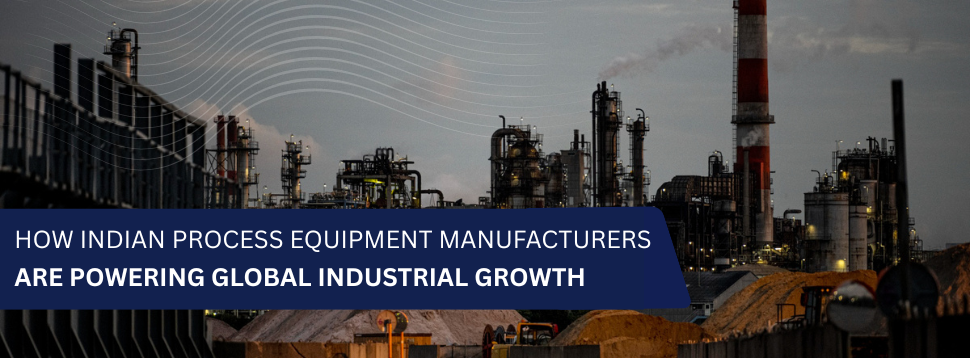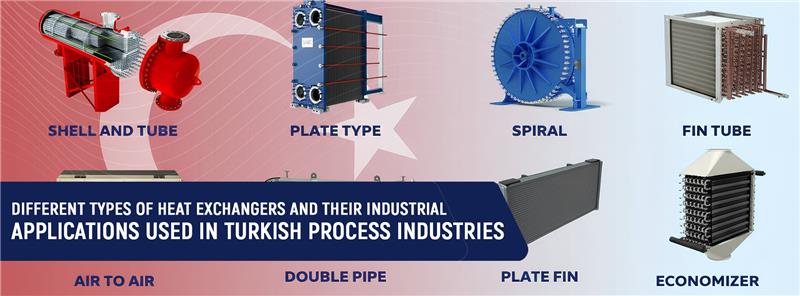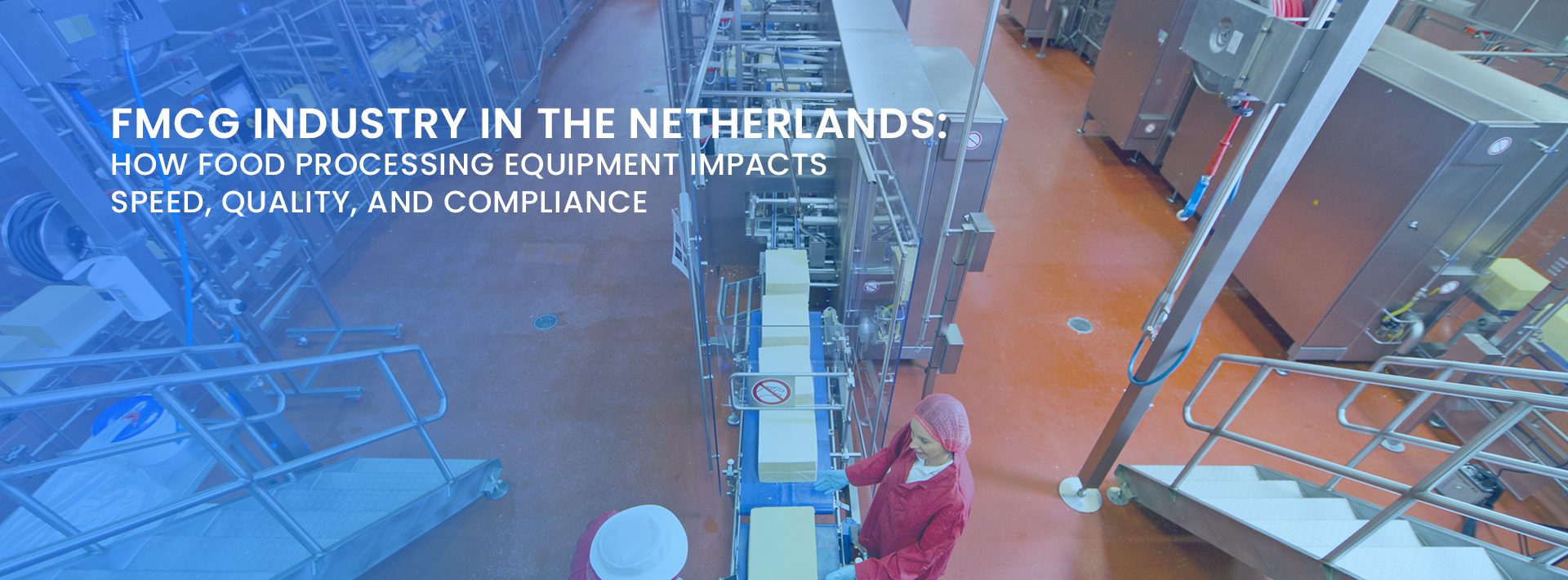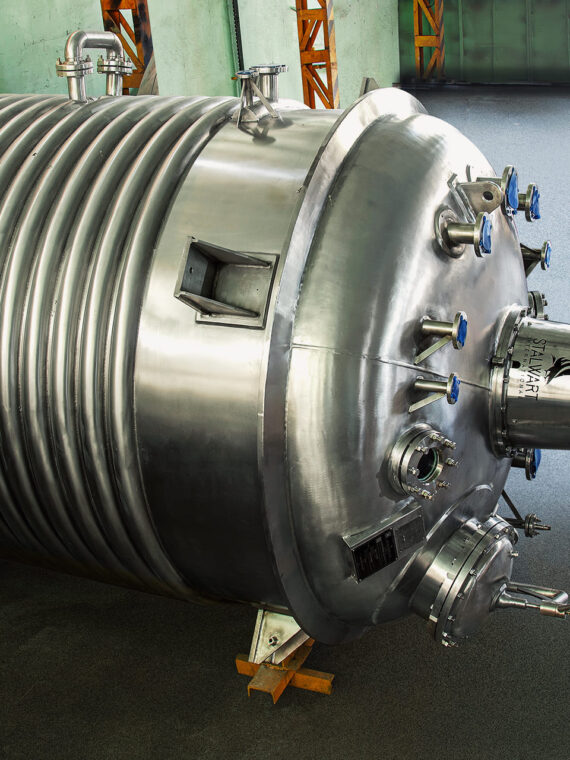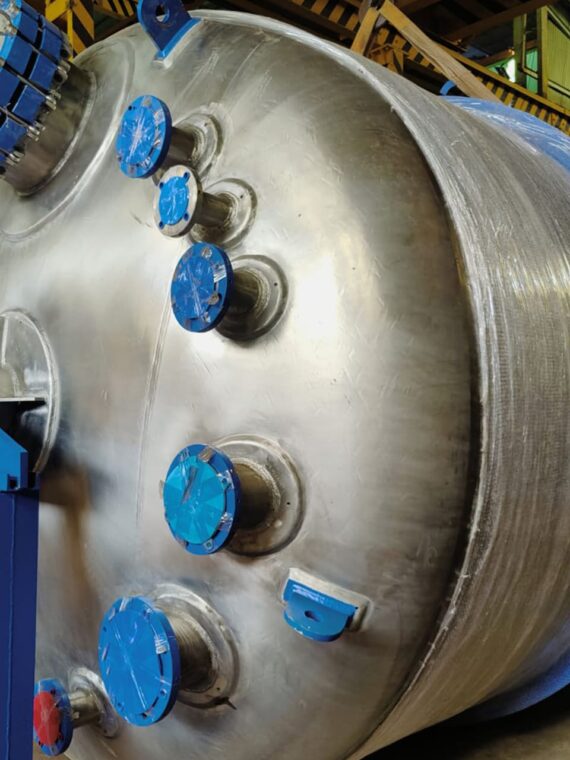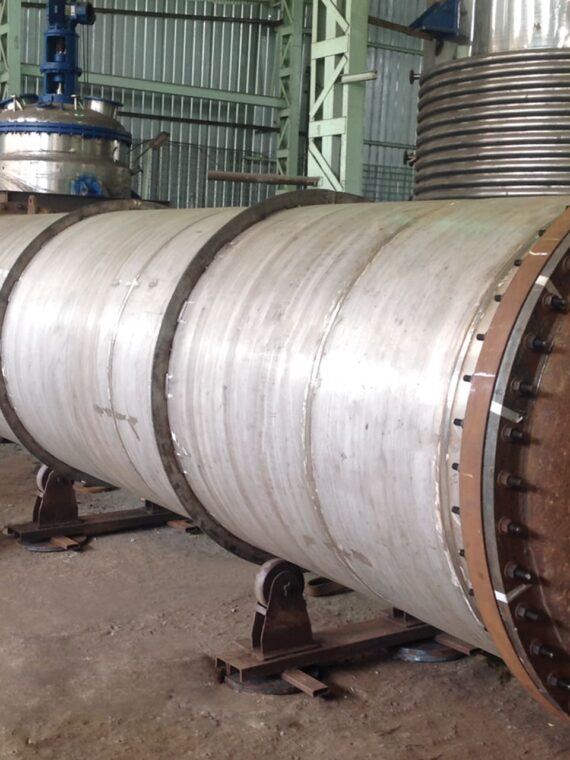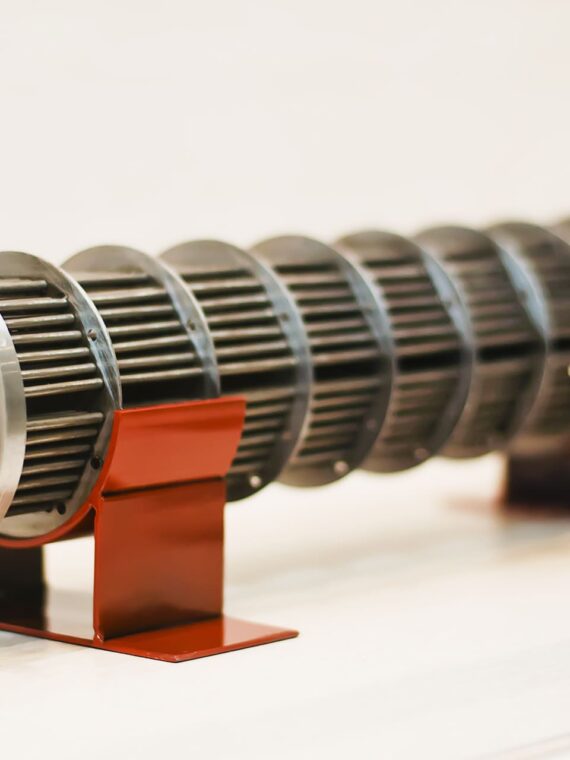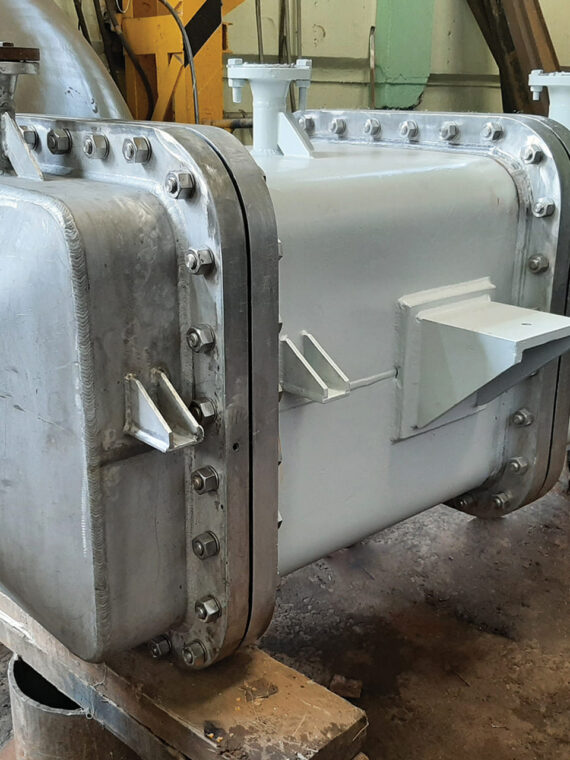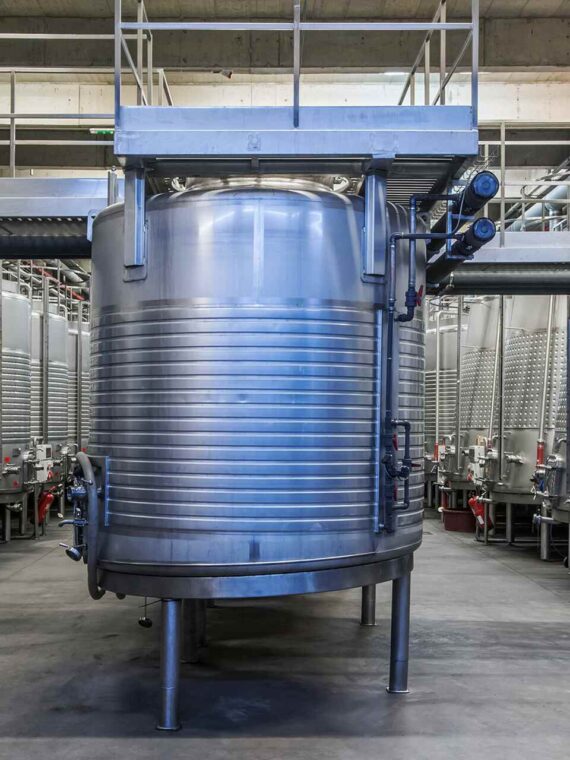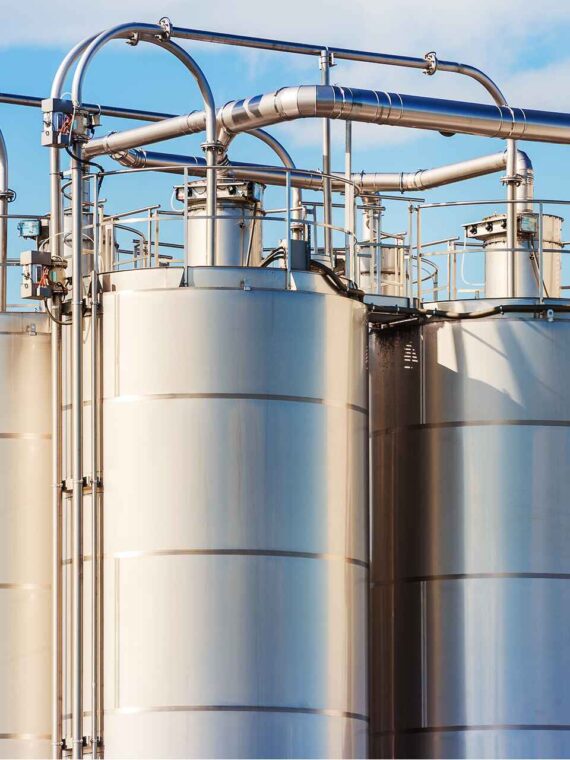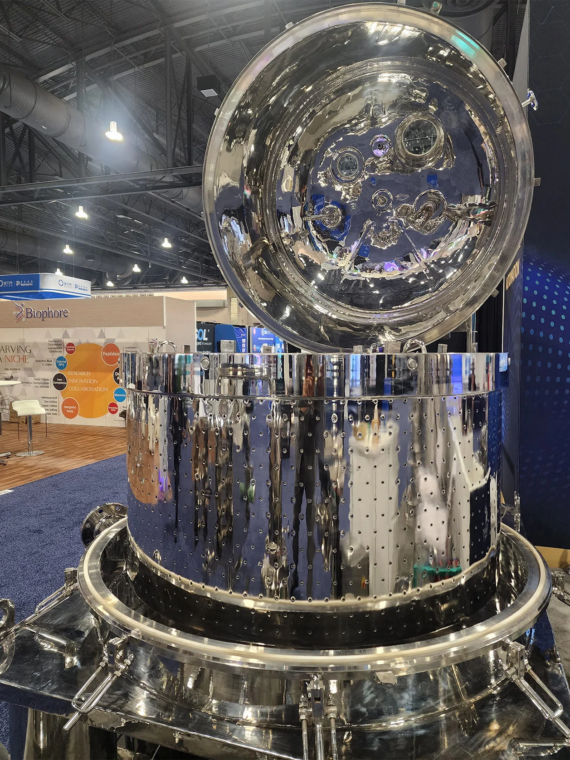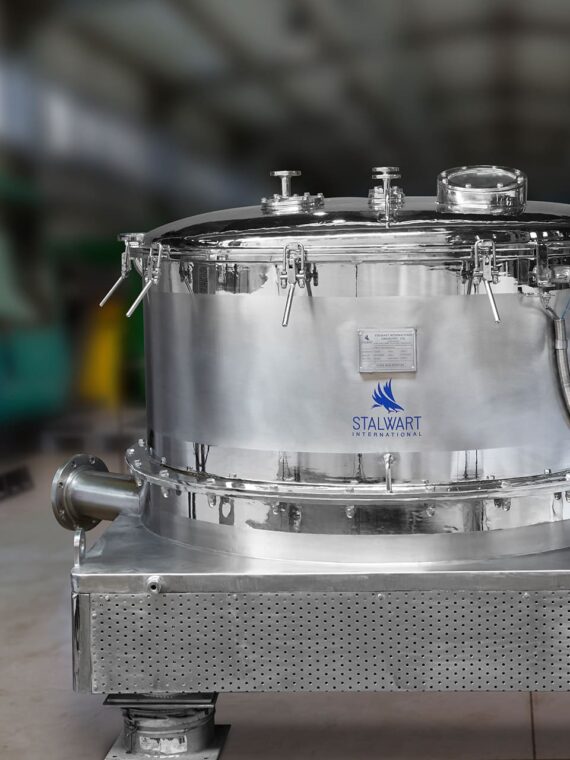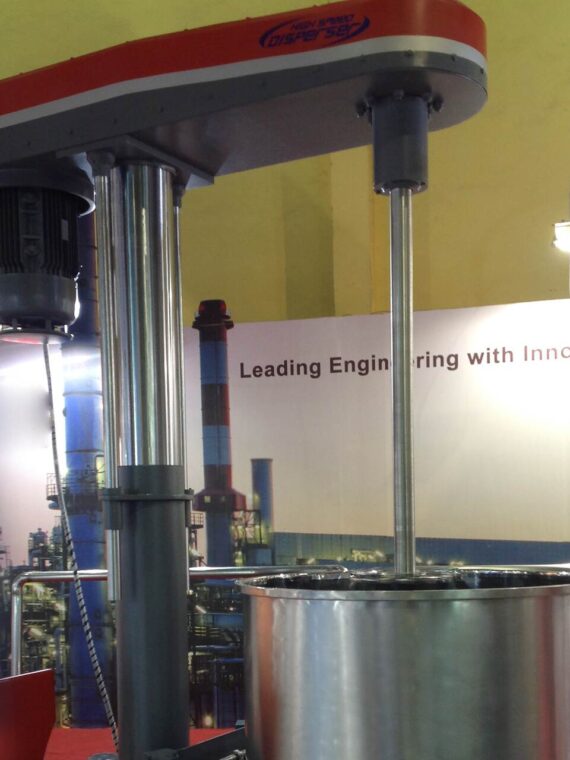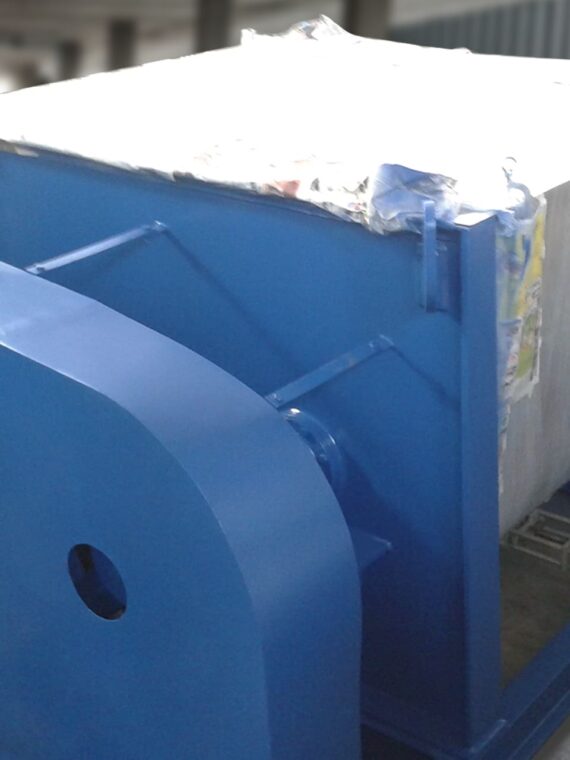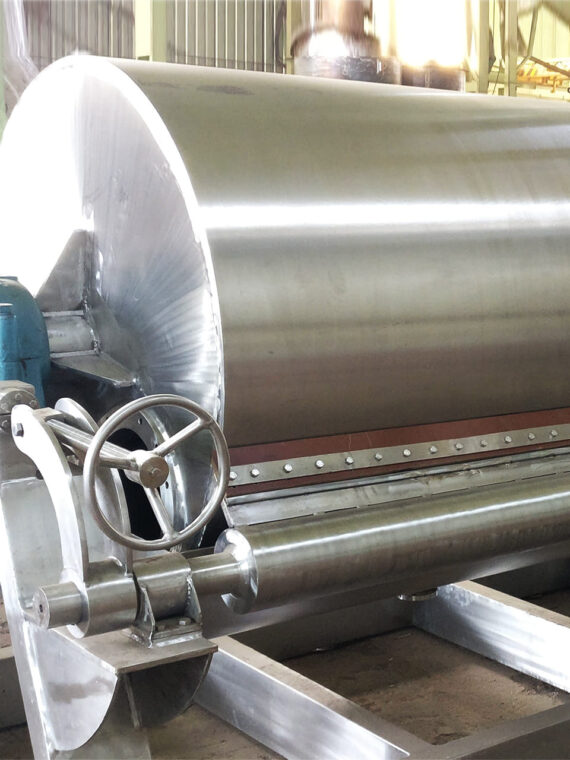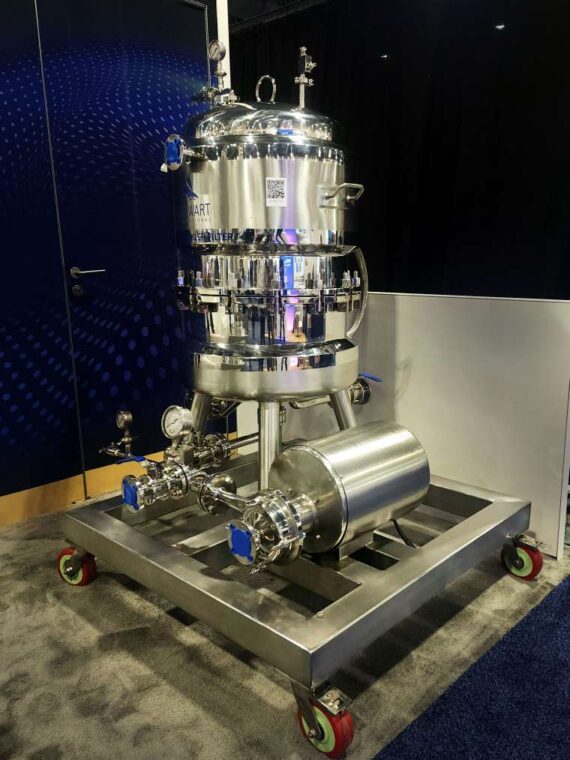India has emerged as one of the world’s fastest-growing manufacturing hubs, driven by strong engineering capabilities, cost competitiveness, and a robust supply chain ecosystem. Among the key contributors to this industrial surge are Indian process equipment manufacturers—companies that design and produce reactors, pressure vessels, heat exchangers, storage tanks, and other critical components used in industries such as oil & gas, petrochemicals, pharmaceuticals, and food processing.
Over the past decade, these manufacturers have transformed from regional suppliers into global partners for industrial infrastructure projects. With international certifications, precision engineering, and compliance with ASME, ISO, and PED standards, Indian firms are now meeting the demanding quality expectations of markets in the Middle East, Europe, Africa, and North America.
Rising Global Recognition of Indian Process Equipment Manufacturers
Engineering Excellence and Quality Standards
One of the biggest reasons Indian process equipment manufacturers are gaining global attention is their strong focus on engineering quality. Indian companies have built a reputation for making reliable, safe, and long-lasting equipment that meets international design and safety standards.
Most leading manufacturers in India follow ASME, ISO, and PED guidelines to ensure their products meet the strict quality needs of industries like oil & gas, chemicals, and pharmaceuticals. They use advanced fabrication technology, high-grade materials, and skilled engineering teams to maintain precision at every stage—from design and welding to inspection and testing.
In addition, India’s manufacturing sector has adopted modern tools such as 3D design software, automated welding machines, and non-destructive testing (NDT) methods to improve accuracy and performance. These practices have helped Indian manufacturers build trust with global clients, proving that quality from India can match or even exceed international benchmarks.
Competitive Advantage: Cost, Skill, and Scale
Indian process equipment manufacturers have a strong competitive edge in the global market because of their cost efficiency, skilled workforce, and production capacity.
India offers lower manufacturing costs compared to many Western countries, without compromising on quality. This helps international companies reduce project expenses while getting world-class equipment. The country’s large pool of skilled engineers, fabricators, and technicians ensures that every stage—from design to delivery—is handled with expertise.
Another major advantage is India’s large-scale production capability. Many manufacturers operate advanced facilities equipped with CNC machines, robotic welding units, and dedicated quality testing zones. This allows them to handle both customized orders and bulk international projects efficiently
Expanding Global Footprint and Export Growth
Indian process equipment manufacturers are rapidly expanding their global presence. Over the past few years, exports of industrial equipment such as pressure vessels, heat exchangers, and storage tanks have grown steadily to markets across the Middle East, Africa, Southeast Asia, and Europe.
Many Indian companies now work directly with international EPC (Engineering, Procurement, and Construction) contractors and process plant owners. They provide custom-designed equipment, meet tight project timelines, and comply with the local safety and certification standards of each country.
This global expansion is also supported by India’s improved port infrastructure, logistics networks, and government export policies. Initiatives like Make in India and Ease of Doing Business have made it simpler for manufacturers to produce and ship large industrial equipment to overseas clients.
Innovation and Sustainability in Manufacturing
Innovation and sustainability have become key priorities for Indian process equipment manufacturers. Today, many companies are investing in R&D (Research and Development) to design smarter, safer, and more energy-efficient equipment.
Modern Indian manufacturers are using automation, digital monitoring, and smart fabrication tools to improve precision and reduce material waste. Some have adopted IoT-enabled systems that allow clients to track equipment performance and maintenance needs in real time.
Sustainability is also shaping the way equipment is made. Manufacturers are shifting to eco-friendly production methods, such as using recyclable materials, optimizing energy use, and minimizing emissions during fabrication. These efforts help reduce environmental impact while meeting global sustainability standards demanded by industries in Europe and North America.
Future Outlook: Strengthening India’s Global Leadership
The future for Indian process equipment manufacturers looks very promising. With strong government support, growing international demand, and rapid technological adoption, India is well on its way to becoming a global leader in industrial manufacturing.
Sectors such as renewable energy, green hydrogen, pharmaceuticals, and specialty chemicals are driving new opportunities for process equipment suppliers. As global industries aim for cleaner and more efficient production, India’s capability to deliver custom-engineered, cost-effective, and sustainable equipment positions it as a preferred partner.
You May Also Like: The Role of Industrial Process Equipment in Productivity
Conclusion
Indian manufacturers are helping industries around the world grow by providing high-quality and cost-effective process equipment. They focus on strong design, global standards, and timely delivery, which makes them reliable partners for international projects.
Today, a process equipment manufacturer in India stands out for offering the right mix of quality, performance, and value. With skilled engineers, modern facilities, and a focus on innovation, India is powering industrial growth across many global sectors.
FAQs
1. How can India become a global manufacturing hub?
India can strengthen its position by investing in technology, improving supply chains, promoting innovation, and maintaining government support through initiatives like Make in India and PLI schemes.
2. What are the growing manufacturing industries in India?
Key sectors driving growth include process equipment, automobiles, pharmaceuticals, chemicals, electronics, and renewable energy—making India a leading player in global industrial supply chains.
3. Why is the process equipment industry important for India’s industrial growth?
The process equipment industry supports major sectors like oil & gas, chemicals, and pharmaceuticals, helping India boost exports and strengthen its position in global manufacturing.
4. What makes Indian process equipment manufacturers competitive globally?
Indian manufacturers offer high-quality, customized equipment at lower costs, backed by advanced engineering, global standards, and strong after-sales support.


